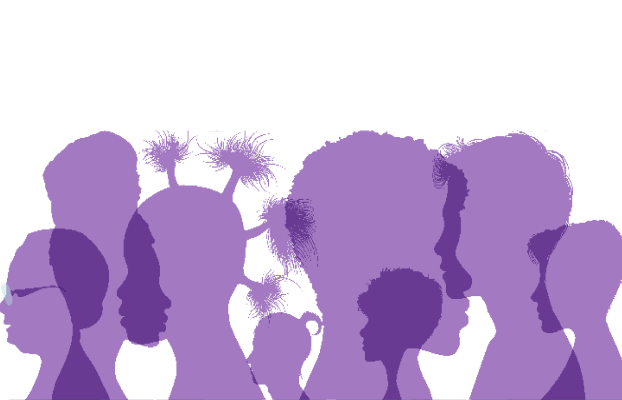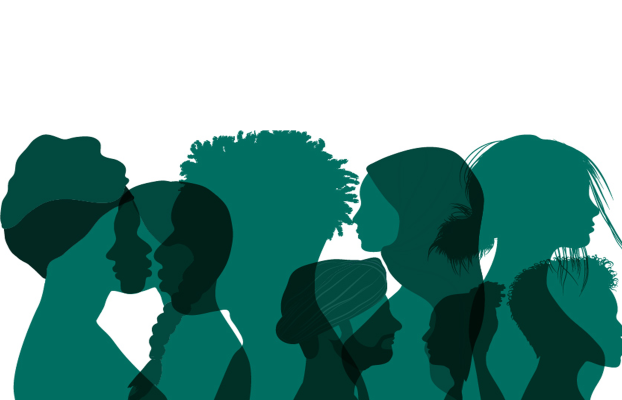Inclusive institutions offer all students, regardless of their background or entry level, the opportunity to succeed. Inclusive education is not just about academic grades. It involves gaining additional personal attributes such as social and practical skills, lifelong friendships, and a fulfilling sustainable future career (York et al, 2015; Cachia et al, 2018). Encouraging students to reach their potential by adopting a fair and inclusive approach will ensure that success is achievable to all. Importantly, success is dependent on a student’s understanding of the norms, cultures and behaviours of higher education. Students who are from historically disadvantaged backgrounds or are the first in their family to access higher education are less likely to have accumulated this understanding. To be inclusive the institution will make its norms and expectations as transparent as possible.
Examples of how to do this might include:

